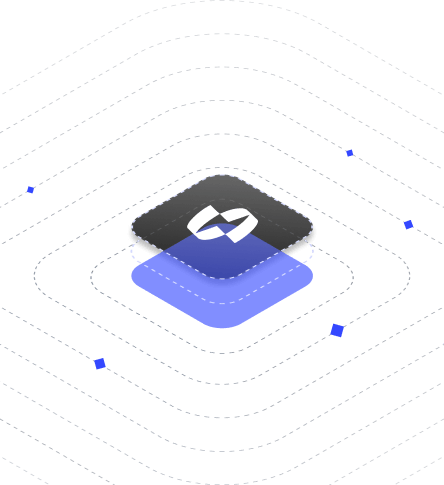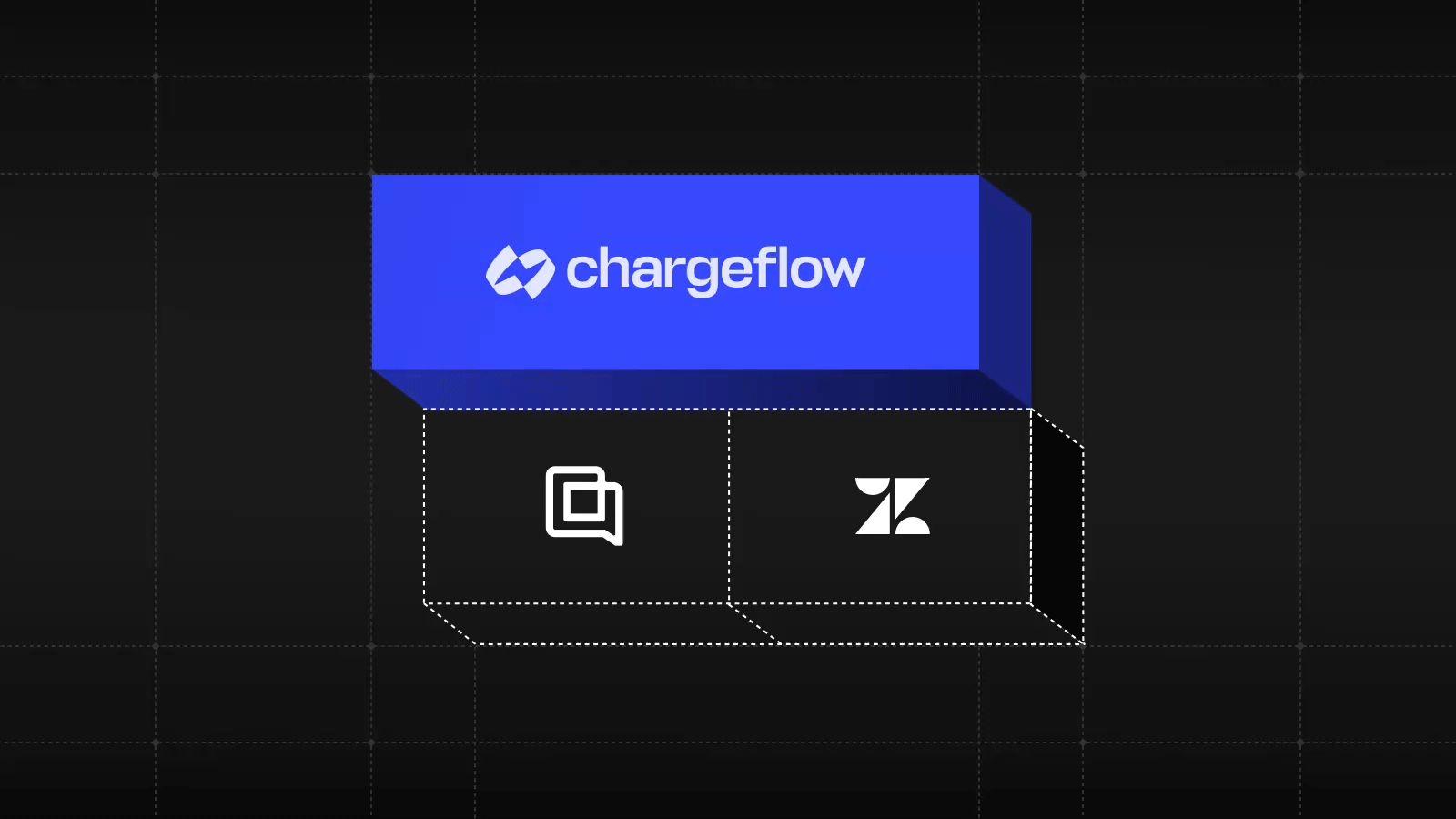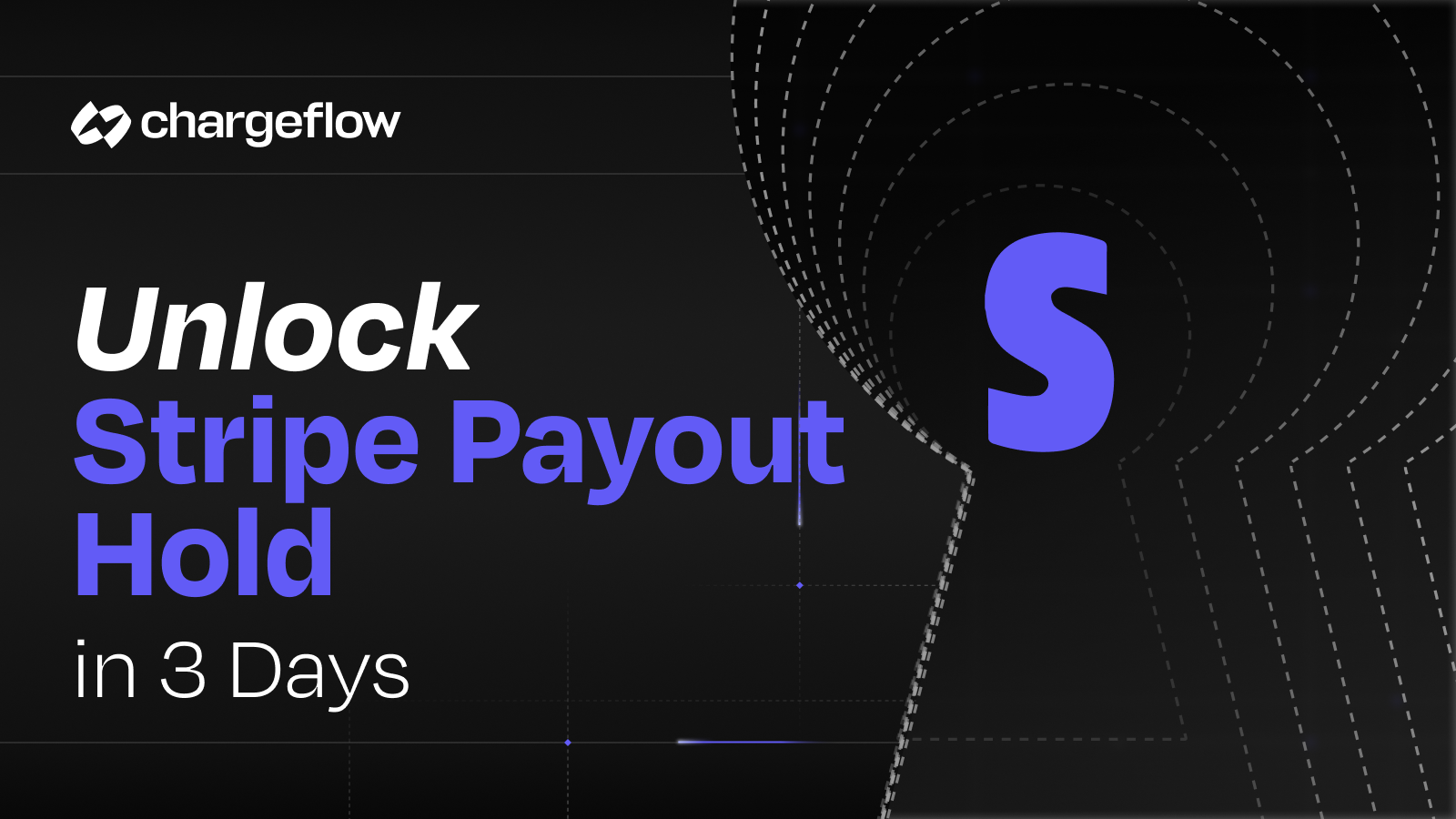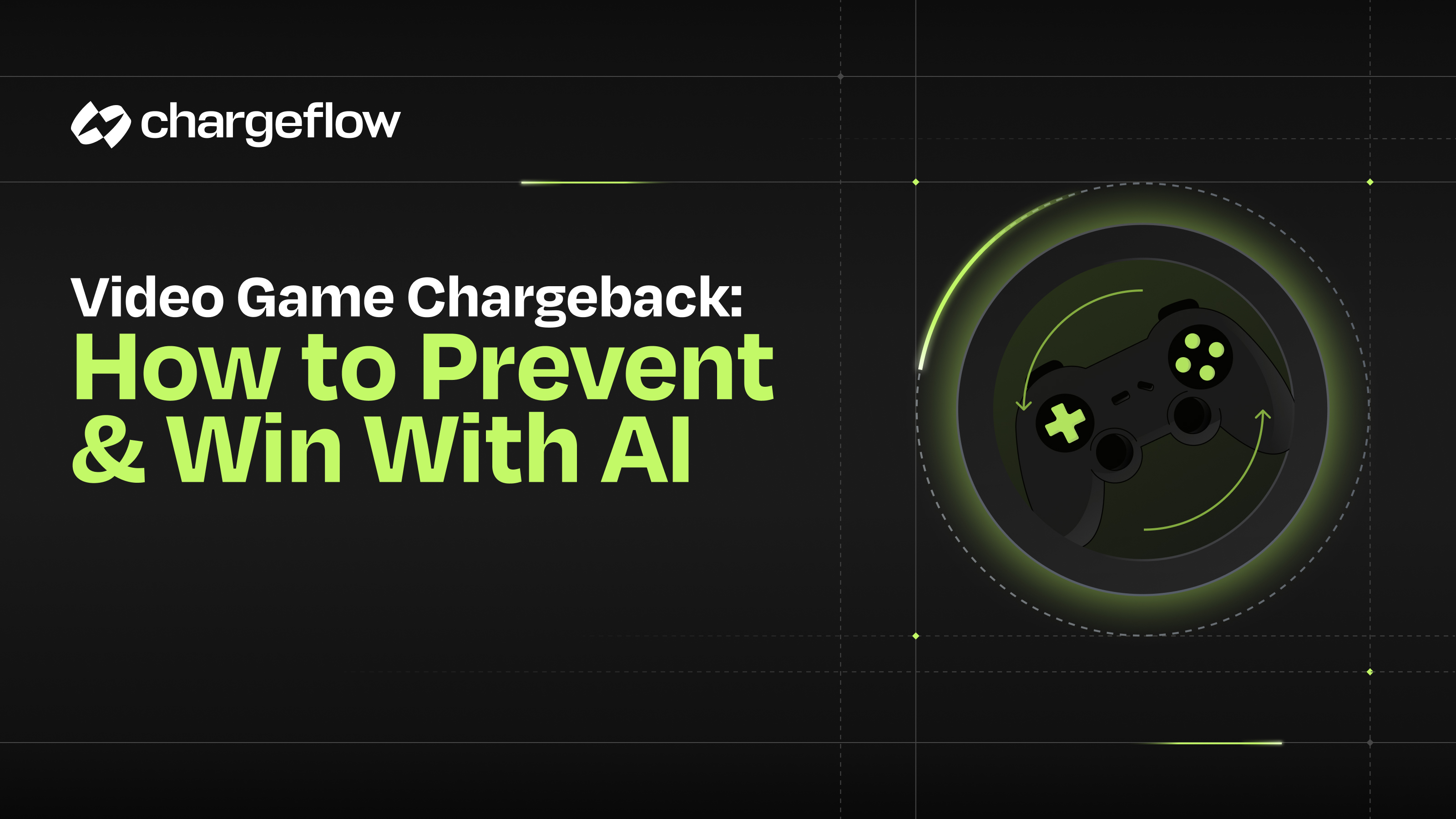The Ultimate Guide to Google Play Chargebacks: What You Need to Know

Chargebacks?
No longer your problem.
Recover 4x more chargebacks and prevent up to 90% of incoming ones, powered by AI and a global network of 15,000 merchants.
Learn everything you need to know about Google Play chargebacks with our comprehensive guide. Protect your business and avoid financial loss today!
As an Android app developer, tracking chargebacks and preventing fraud are vital to the smooth functioning of your product. While you may have an understanding of what chargeback fraud is, getting a full grasp of the information and resources available concerning Google Play Store refunds can be overwhelming.
We’re here to help—this guide will provide you with all the information necessary for quickly tackling issues related to Google Play Store returns and fraudulent payments.
From understanding why they occur in the first place, to taking advantage of prevention techniques such as proactive notifications and coding standards, this ultimate guide will have everything you need to stay one step ahead!
Common Reasons for Google Play Chargebacks
Google Play chargebacks are a frequent problem for developers. Most commonly, they occur when customers are enrolled in subscriptions without their knowledge or explicit consent, or when purchases fail to deliver the expectations set by their descriptors.
Other common sources of chargebacks include claims of unauthorized payment activity and unrecognized purchases. Chargebacks can have a significant impact on the developer's bottom line; not only is the original transaction amount charged back to the developer but they may also face additional fees.
Additionally, too many chargebacks can result in the termination of account privileges with Google Play, effectively cutting off developers from an important distribution channel. Understanding why these chargebacks occur is essential for helping mitigate any future risks and ensuring both customers and developers get value from their experiences on the platform.
Google Play Chargeback Process
Here is a step-by-step breakdown of the process:
1. The user requests a chargeback
The user contacts Google Play to dispute a charge that they believe was made fraudulently or without their authorization. This can be done through the Google Play Help Center or by contacting Google Play customer support.
2. Google Play reviews the request
Google Play will review the request and may request additional information from the user to help determine if the charge was made fraudulently or without authorization.
3. Chargeback is issued
If Google Play determines that the charge was made fraudulently or without authorization, they will issue a chargeback to the user's account. The amount of the charge will be refunded to the user's payment method.
4. The developer is notified
The developer of the app or service that the user made the charge for will be notified of the chargeback.
5. Developer can dispute the chargeback
The developer has the option to dispute the chargeback if they believe it was made in error. They must provide documentation to support their dispute.
Timeline for responding to Google Play chargebacks
The timeline for responding to a Google Play chargeback can vary depending on the circumstances. However, it is generally recommended that developers respond to chargebacks as soon as possible to avoid any further complications. Here are some general guidelines:
- Developers should respond to chargebacks within 7 days of receiving a notification from Google Play.
- If the developer needs more time to respond, they should contact Google Play and request an extension.
- If the developer does not respond to the chargeback within the required timeframe, the chargeback will be upheld and the user will receive a refund.
Required documentation for disputing chargebacks
When disputing a chargeback, developers may be required to provide documentation to support their dispute. Here are some examples of documentation that may be requested:
- Proof of delivery - If the charge was for a physical product or service, the developer may need to provide proof that the product or service was delivered to the user.
- Communication logs - If the charge was for a digital product or service, the developer may need to provide communication logs between the user and the developer to show that the user authorized the charge.
- Terms of service - The developer may need to provide their terms of service to show that the user agreed to the charges when they signed up for the app or service.
- Payment information - The developer may need to provide information about the user's payment method to show that the charge was authorized.
Developers need to keep detailed records of all transactions and communications with users to help support their disputes in the event of a chargeback.
Best Practices for Preventing Google Play Chargebacks
Developing apps for the Google Play store can be a rewarding and lucrative endeavor, but unfortunately, it is not without risk. One of the biggest risks developers face are chargebacks from users, leaving them out of pocket for those sales.
However, there are some best practices developers can implement to minimize the chances of chargebacks occurring on their apps. A few tips include providing easy-to-access customer service and support along with clear information about pricing and any service-related limitations in plain language that users can understand without any confusion.
Additionally, ensuring payment method options are secure and offering refunds when appropriate is another good practice for avoiding chargebacks. Providing detailed receipts to customers and using quality control protocols for all content on the platform can also help reduce fraudulent activity resulting in chargebacks.
By recognizing these best practices, developers can ensure they will have a better chance at minimizing the chances of having their earnings wiped out by Google Play chargebacks.
Final Thoughts on Google Play Chargebacks
Chargebacks related to Google Play can become a costly and draining process if merchants aren’t prepared. With the right preventative steps in place, however, they can be avoided altogether.
By understanding the common reasons for chargebacks, being proactive in reviewing and keeping accurate records of all customer transactions, and carefully following the official Google
Play the chargeback process step by step, merchants will be well-equipped to handle difficult cases. Ultimately, being prepared with the right knowledge is key when dealing with these issues and we hope this guide has helped shed some light on navigating Google Play chargebacks.

Chargebacks?
No longer your problem.
Recover 4x more chargebacks and prevent up to 90% of incoming ones, powered by AI and a global network of 15,000 merchants.






























.png)








